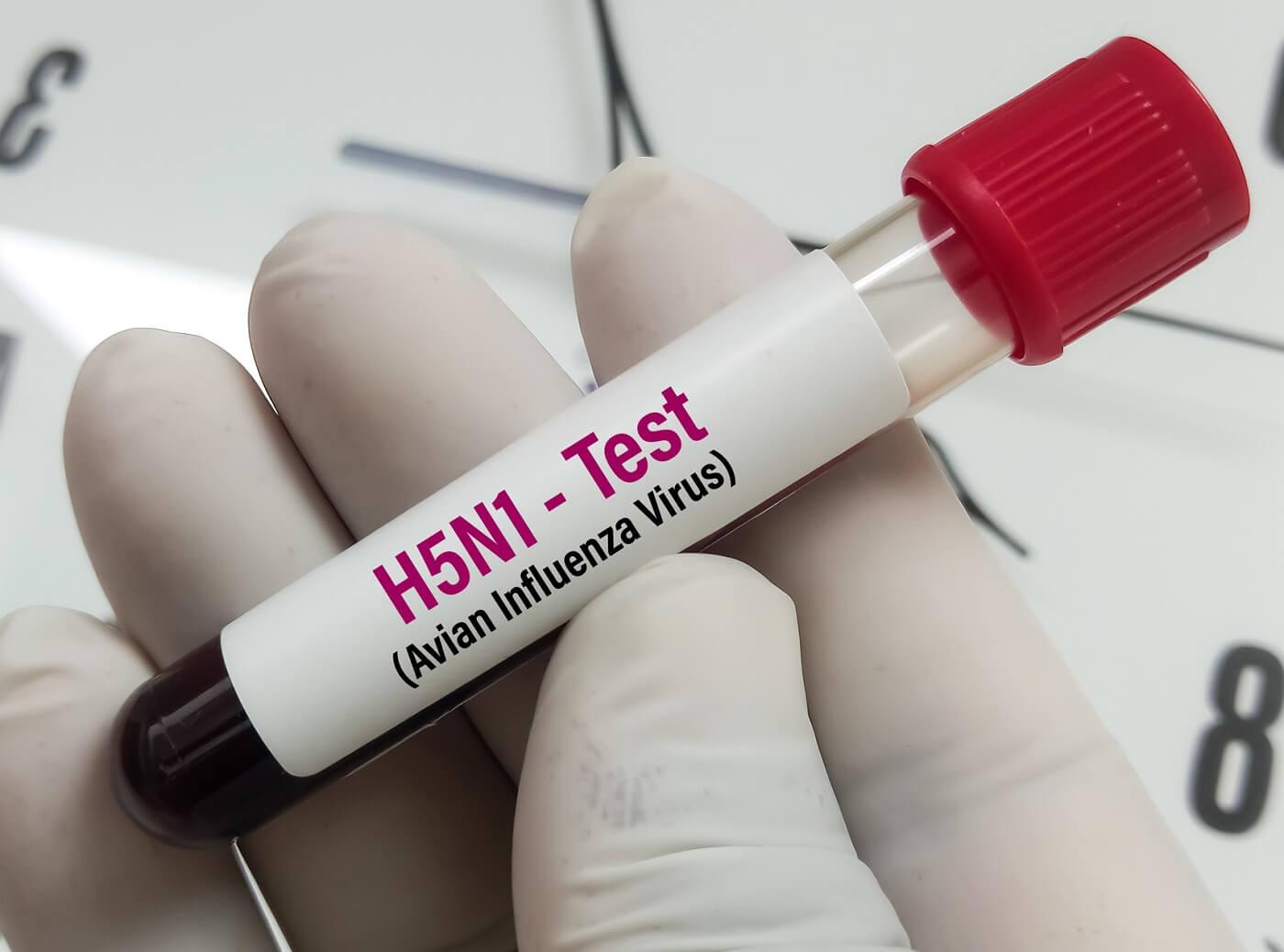Bird flu, also called avian influenza, is a virus that mainly affects birds. Sometimes, this virus can spread to humans who have close contact with infected birds. The current outbreak is caused by a type of bird flu called H5N1. It has been spreading among wild birds and poultry in many countries around the world.
This virus can make birds very sick and often causes them to die. When humans catch bird flu, they can get symptoms like fever, cough, sore throat. In severe cases, it can lead to serious breathing problems. However, it's important to know that right now, it's still rare for humans to catch bird flu.

Protect Yourself and Others
To protect yourself from bird flu, start by practicing good hygiene. By taking these simple steps, you can help prevent the spread of bird flu in your community.
- Wash your hands often with soap and water, especially after touching birds or being in areas where birds live.
- When preparing food, make sure to cook poultry and eggs thoroughly.
- If you keep birds as pets or have a backyard flock, clean their living areas regularly and avoid letting them roam freely where they might come into contact with wild birds.
- To help your community, stay informed about any bird flu outbreaks in your area and follow local health guidelines.
- If you work with birds or visit farms, change your clothes and shoes before going to other places to avoid spreading any potential viruses. Also, encourage your friends and family to follow these safety measures.
For most people, the risk of getting bird flu is very low. But it's important to stay informed about any outbreaks in your area. If you work with birds or live in an area with known cases, be cautious and follow any guidelines given by local health authorities. If you develop flu-like symptoms after contact with birds, it's best to see a doctor and mention your exposure to birds.
